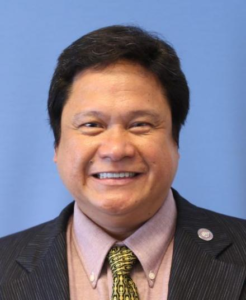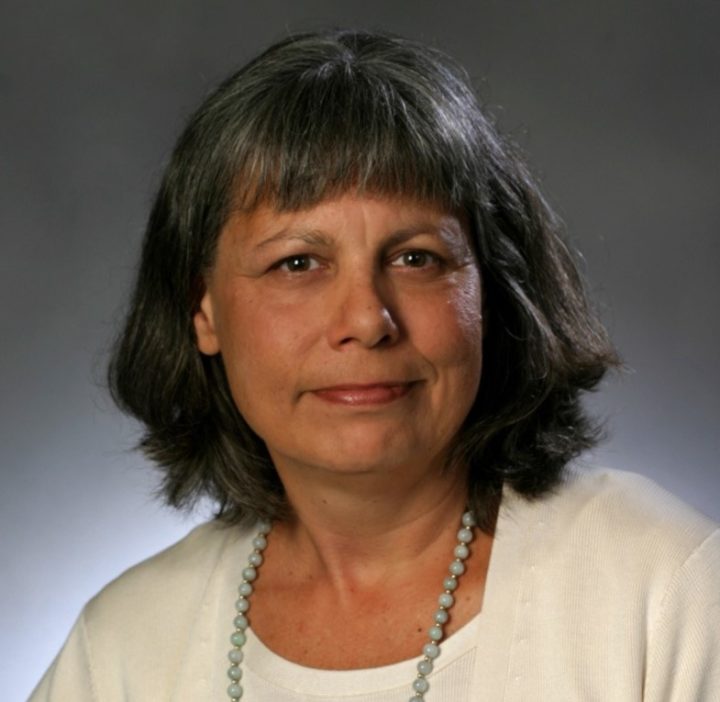Interview
by Perfecto Caparas
Professor Fran Watson, Director of Wrongful Conviction Clinic, Indiana University Robert H. McKinney School of Law
Pressenza interviews Professor Fran Watson, a multi-awarded Clinical Professor of Law of Indiana University Robert H. McKinney School of Law. She founded and leads its Wrongful Conviction Clinic, a founding member of the Innocence Network. Employing the science of DNA, Professor Watson’s long years of court advocacies led to the exoneration of Darryl Pinkins and Roosevelt Glenn, among others. The CBS News 48 hours program featured their story in February 2017. Renown for her 3 decade-long judicial, legislative and multilevel advocacies for wrongfully convicted prisoners, Professor Watson received from the Office for Women and the Division of Student Affairs of Indiana University Purdue University Indianapolis (IUPUI) the Inspirational Faculty Woman Award on March 25, 2021.
Perfecto Caparas: What experience has influenced you to dedicate your life to the cause of fighting for wrongfully convicted persons?
Fran Watson: I grew up in the ’60s in the United States, a time of change. I graduated high school in 1973. Due to the cultural wars going on in the country, I came to want to change the world for the better. Social injustice was obvious in America. What I did not understand until law school was that the fabric of the criminal justice system suffered greatly from racism and lack of resources. My undergraduate studies were in criminal justice and corrections and social work. I came to the field of wrongful conviction work litigation via this backdrop.
PC: What hurdles did you face? How did you overcome them?
FW: Litigation is hard work. Carrying peoples’ hopes for freedom is a burden that I accept. One overcomes hurdles with hard work, focus, and the support of family and friends.
PC: What are your observations and insights concerning the pillars of the U.S. criminal justice system, i.e., law enforcement, prisons, prosecution, courts, and community?
FW: Law enforcement is corrupt and militaristic. The police unions are strong and protect their members when those members commit clear wrongdoing. Courts also suffer from funding needs and thus strive to move the cases through the system as opposed to assuring a focus on caring about the people.
Private prisons are horrible. The country should be ashamed that we allow corporations to make money off the inmates and their families in the way now done.
PC: What issues and challenges bedevil the U.S. criminal justice system? What intervention measures are needed to be undertaken to address them?
FW: We should abolish private prisons. Judges should face elections, not political appointments. Prosecutor and public defender offices need to be funded at sufficient levels. Reentry opportunities must be addressed and executed.
PC: As a clinical law professor and as a civil rights attorney, how responsive, do you think, is legal education to the issues and challenges besetting the criminal justice system? How about the legal profession? How responsive is it to these issues and challenges? What reforms need to be undertaken both in legal education and in the legal profession?
FW: Legal education needs to focus more on training students to be lawyers as opposed to the present focus on the doctrines of law. I believe legal education indoctrinates students to respect the existing law more than to challenge it. The legal profession has many noble efforts through bar associations and similar organizations. But the needs of the poor and minorities go unmet.
PC: What is your vision for our U.S. criminal justice system? How can your vision be attained?
FW: Sorry, but at the moment my vision is cloudy. I see the challenges ahead. Maybe, start with getting rid of private prisons and structuring release programs?
PC: What do you want to be your contribution and legacy to the legal community and to the broader society?
FW: I take comfort in the many clients I have represented over the years and the knowledge that they and their loved ones appreciated efforts on their behalf. I also take pride in the students that carry with them the lessons I shared and continue to put that knowledge to work on behalf of the legal needs of others.

About Perfecto Caparas. Associate Director of Graduate Programs, Indiana University Robert H. McKinney School of Law where he is currently pursuing his Doctor of Juridical Science degree (stated only for purposes of showing affiliation and does not purport to represent the institution or any of its affiliates either directly or indirectly). Holds a Master of Laws degree in American Law for Foreign Lawyers (IU McKinney School of Law) and a Master of Laws degree in Human Rights (University of Hong Kong; Honors). Worked as a journalist of Ang Pahayagang Malaya, The Manila Times, The Philippine Post, Pinoy Gazette, UCANews and ISYU Newsmagazine. A lifetime member of the Integrated Bar of the Philippines.






